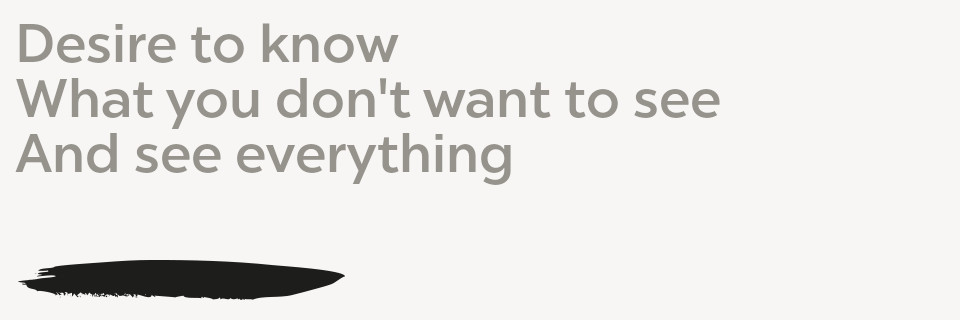The Art of Asking Questions: Curiosity, Listening, and Intuition course begins live on Zoom this Thursday, March 31 2022 at 11:15 am PT.
Most people think they are curious, but as I say so often, it’s not useful to make conclusions about oneself. Instead, be curious about where you’re incurious.
The result of incuriousness is stagnation, suffering, and unrealized dreams. Many think curiosity is for children and cats, not for serious people trying to make something of their lives.
But therein lies the problem. We’re conditioned to think that pushing our agenda on the world and manifesting what we want is what driven, successful people do. And it’s true sometimes how it works.
It’s good to be able to push. It’s also good to know when it’s not appropriate and isn’t working. Pushing is yang. Pulling is yin. In our patriarchal world, pushing is favored over pulling and it makes a mess.
Curiosity gently pulls. It teases out. It explores. The power of curiosity is that it allows things to be however they are. Pushing creates short-term results. Pushing is great for acute problems that need instant action. Curious pulling creates long-term transformation. It solves root issues.
Again, both are necessary, but because we’re conditioned to exert willful change rather than curiously explore our way to underlying issues, most people need far more work on pulling.
Here’s a classic example that happens every day:
Manager: I noticed you were late again today.
Employee: Sorry boss, it won’t happen again.
Manager: Okay, very good.
How do you know it very likely will happen again?
Because there’s no curious exploration about the root issue.
People have an emotional need for others to show an interest in their experience. When you exert your will to pressure a behavior change without curiosity about what is actually going on, you actually repress the underlying issue, guaranteeing it will squirt out again. It’s like putting your thumb over the garden hose.
You call for the employee to perform for you, and muscle over whatever the real problem is. Eventually, they resent you for this because it lacks care. But before that, you will find a limit to their performance and wonder why they’re disengaged.
This is where about two-thirds of all employees live: disengaged because their managers don’t actually exhibit care about their experience. Here’s an alternative:
Manager: I noticed you were late again today.
Employee: Sorry boss, it won’t happen again.
Manager: Hold on a sec, let’s talk about this. Are you okay?
Employee: Yeah, fine, I just need to get out of the house faster.
Manager: Maybe that’s true, but what’s the real issue here?
Employee: Well, the new baby has been impacting my sleep.
Manager: Oh, I’ve been there. That’s a difficult!
Employee: Tell me about it. It’s starting to strain my marriage, not just my sleep.
Manager: It also seems to be affecting your work. This could start to really spiral. I’m concerned about you.
Employee: I’m concerned about me too, honestly.
Manager: Are you open to getting some help from me with this?
Employee: Yeah, I don’t really know what to do about it.
Manager: Okay, let’s set up a meeting later in the week. Thanks for your openness.
Employee: Sure thing, thanks for caring.
A conversation like this takes more time, energy, and attention, but it also leads to real change. To be this kind of curious, you have to care more about the person than the result.
You also have to be willing to go on a journey. You don’t know what’s going to come up. For most people, their unconscious need to stay in control and in their comfort zone makes conversations like this impossible.
You may be thinking, “I know how to reprimand my employees for being late. I don’t know how to troubleshoot their family problems…or even if I want to.”
Technically, it’s not your responsibility to do the latter, but how good a resource do you want to be to your employees? Can you not-know your way through unknown situations and be of service? What kind of loyalty would that create in the employee? How would that affect your relationship, the work environment, your leadership, etc.?
If you want your employees to go above and beyond, go first!
To lead, your curiosity must be greater than your fear. Part of what we’ll cover in The Art of Asking Questions is how to find your soul-level curiosity so that this is possible.
Do you want to be a good leader or just one who’s less bad than the rest?
The world is waiting.


